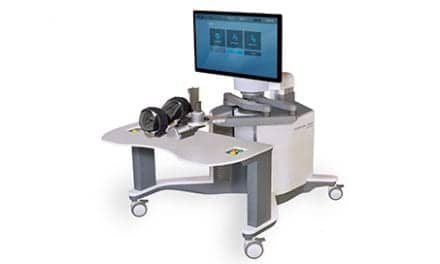UK-based researchers at Imperial College London have reportedly found that many stroke patients have difficulty paying attention and emphasize that brain-training computer games may help. According to a news release from Imperial College London, brain scans and bedside tests can be used to diagnose three types of attention issues exhibited by stroke patients, including difficulty filtering out distractions, difficulty following instructions, and reduced alertness.
Researchers say each issue can be addressed with computer games customized to meet each patient’s requirements. The release notes that the study encompassed 110 patients at Charing Cross Hospital. Five of the patients had already been diagnosed with a serious attention disorder called neglect. However, computerized tests implied that more than half of them had attention issues that had not been recognized. Researchers say the type of issue exhibited by patients depended upon which part of the brain had been impacted by the stroke.
Patients with strokes impacting the front of the brain had difficulty filtering out distraction. Individuals who had sustained strokes toward the back of the brain exhibited difficulty following instructions, and strokes in the center of the brain caused a general reduction in alertness, according to the release. The researchers note that doctors could potentially use brain scans in order to predict what type of issue a stroke patient would be likely to have. Computerized tests could then be used to confirm the diagnosis, and the patient could be provided therapy based upon their individual condition.
Paul Bentley, department of Medicine at Imperial College London, states that the researchers have demonstrated specialized computer games’ ability to pick up deficits in stroke patients. “They can also be tailor-made for each patient to rehabilitate them for the specific deficit they show. These findings therefore suggest a new strategy by which stroke treatments can be personalized depending on information gained from patients’ brain scans.”
[Source: Imperial College London]



